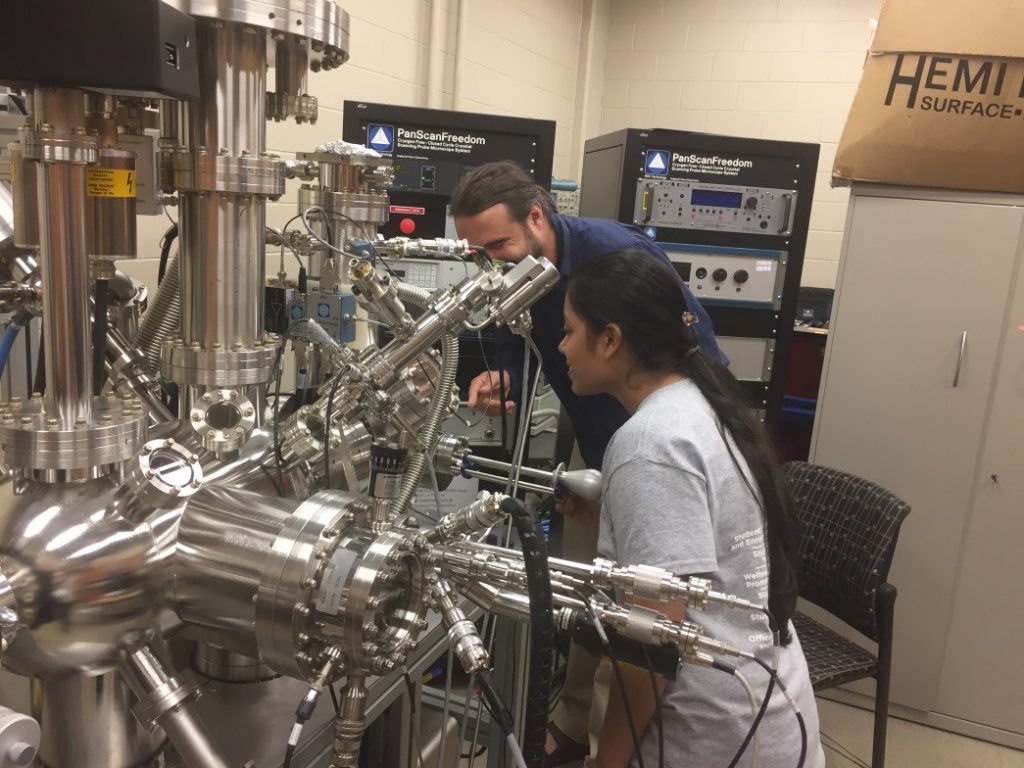Led by Anna Metke, FSI’s Exolith Lab has been instrumental in supporting the successful NASA Volatiles Investigating Polar Exploration Rover (VIPER) testing. The latest lunar rover is destined to explore the topography of the moon in November 2024 and has shown promising signs. The success of getting any machine on the moon is a group effort, and VIPER has had support from the University of Central Florida, the Florida Space Institute, Exolith Lab, and the Glenn Research Center’s Simulated Lunar Operations (SLOPE) Laboratory.

“This is exactly what we want to be able to do for our community,” says Metke, who has been part of Exolith since 2018. “We are doing all of this work with young, creative minds who move into our industry.” Metke manages a team of 23 undergraduates and recent graduates and more than 25 high school interns. This youth-centric team might be surprising, but in her mind, it is just a testament to their central commitment to excellence. “You don’t need to have a million certifications and a million degrees to see success,” she explains. “You need someone to encourage you and support you and see the potential and give you the creative freedom to make things happen.”
As Metke says, “Passion and purpose make things go a long way,” and in this case, the two qualities just might take us straight to the moon.
Read the Orlando Sentinel article here.


